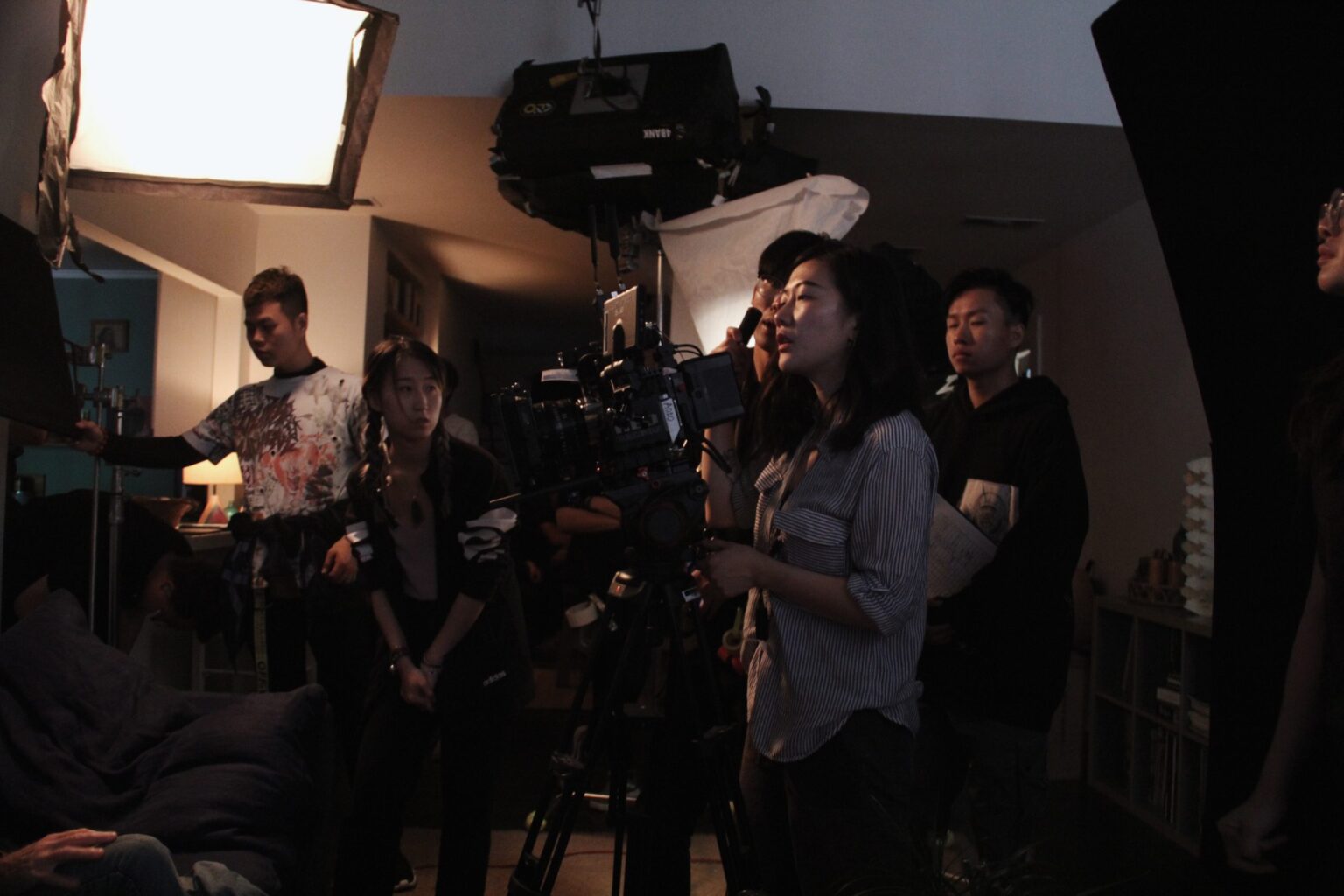
From Sleepless Nights to Silver Screens: An Interview with Filmmaker – Changyi Yu
Changyi Yu is an award-winning director, cinematographer, and gaffer based in LA. She has worked on various films, TV series, and commercials. Her works such as To Planet 2000, A Virtuous Man, and Boxed have won awards at numerous film festivals. At the same time, as a cinematographer and gaffer, she has worked with many reputable companies including Netflix, Nike, and others.
When did you realized you wanted to be a Filmmaker\Actor\Writer?
I enjoy writing and directing, as well as cinematography and lighting. Since I was a kid, I have been full of enthusiasm for art. I have painted, played the drums, and written short stories for many years, but when I discovered cinema, everything changed. Unlike those who chose filmmaking at a young age, I decided to become a director during a sudden sleepless night in high school. Afterward, I started watching films like crazy and have now accumulated a watchlist of over 7,000 movies that I have seen. Then I grabbed my camera and started shooting short films with my friends. It was at that time that I realized my passion for cinema. I started creating my own stories and was largely inspired by literature. Nabokov, Faulkner, Dostoyevsky, Haruki Murakami, and Fitzgerald are some of the great writers who influence the scripts I write. If I hadn’t secretly read these books in class, my films would be totally different.
Do you remember your first time at the Movies?
To be honest, I find it difficult to recall my first experience watching a movie. However, I do remember watching Martin Scorsese’s Taxi Driver a long time ago, and that experience left a deep impression on me.
Two films that have marked your life for better or for worse…
I would say Contempt (1963) and Whiplash (2014). The former made me feel the infinite possibilities of cinema, while the latter showed me the beauty of a complete and captivating story.
What do you think about Acting/ filmmaking schools?
It’s true that film schools often teach students conventional techniques, but the point is know how to use these. In filmmaking, I know the importance of obeying rules and breaking rules — does this sound contradictory? Actually not. Most people are always thinking about how to break the rules and create something unique, but they often don’t know the importance of the rules. I believe that we can skillfully play around with the rules only under the premise of clear control of the rules.
Have you ever hated your ambition?
I love my ambition as it drives me forward. We all know that the process of creation can be excruciatingly painful, but we still willingly immerse ourselves in it so that we can experience the joy of the birth of a film.
Francois Truffaut used to think that “Film Lovers are sick people”… was he right?
This statement is not only applicable to filmmakers. Anyone who is passionate about their profession may seem pathological to others. But if one is willing to pursue it, then what’s wrong with that?
Close your eyes…if I say “Cinema” what do you see?
In my opinion, no one can define cinema. Is it dizzying visuals and sounds? Is it a touching story or performance that brings people to tears? If anything, each person’s cinema is a medium that reflects their own thoughts and philosophies. For example, to me, the value of individual existence is paramount; it transcends material possessions and societal success. No amount of wealth or fame can alleviate the spiritual loneliness and existential confusion that many people experience. In my cinema, I hope to show these.
Who’s the Director\Actor\Writer that taught you the most?
Godard is my favorite director. So I appreciate unconventional filming techniques and narrative style. However, I also value the logic of the story and the believability of character development. I believe in “auteurism,” a term from the French New Wave that refers to individuals who control multiple aspects of collaborative work. The French New Wave has greatly influenced my approach to filmmaking, as I view art as a means of self-expression.



